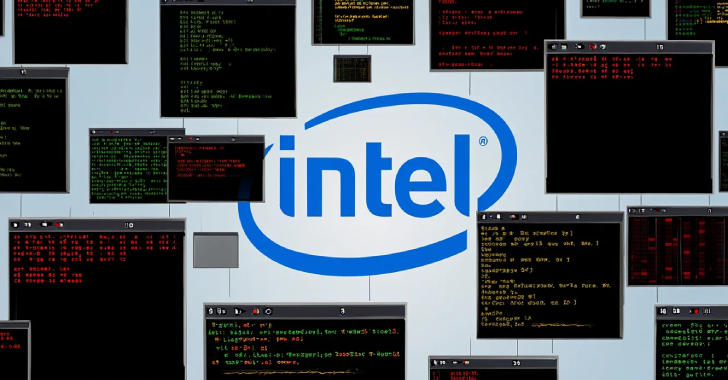The cyber espionage group known as Confucius has launched a sophisticated phishing campaign against Pakistan, deploying two advanced malware strains: WooperStealer and Anondoor. This campaign underscores the group’s evolving tactics and persistent focus on South Asian targets.
Background on Confucius
Active since 2013, Confucius has consistently targeted government agencies, military organizations, defense contractors, and critical industries, particularly in Pakistan. Their primary method of infiltration involves spear-phishing emails and malicious documents designed to deceive recipients into executing harmful payloads.
Recent Campaigns and Techniques
In December 2024, Confucius initiated an attack by distributing a .PPSX (PowerPoint Show) file to Pakistani users. When opened, this file exploited DLL side-loading techniques to deploy WooperStealer, a malware designed to extract sensitive information from infected systems.
By March 2025, the group had refined their approach, utilizing Windows shortcut (.LNK) files to deliver the WooperStealer DLL. This method continued to exploit DLL side-loading, enhancing the malware’s ability to evade detection while harvesting critical data.
In August 2025, Confucius introduced Anondoor, a Python-based backdoor, through similar .LNK file tactics. Once installed, Anondoor exfiltrates device information to external servers and awaits further commands. Its capabilities include executing commands, capturing screenshots, enumerating files and directories, and extracting passwords from Google Chrome.
Technical Evolution and Adaptability
The transition from WooperStealer to Anondoor signifies Confucius’s strategic shift towards establishing long-term access and control over compromised systems. This evolution highlights the group’s adaptability and technical proficiency in developing and deploying diverse malware families to achieve their objectives.
Broader Context and Implications
The activities of Confucius are part of a larger pattern of cyber threats in the region. For instance, the Patchwork group has been linked to attacks involving malicious macros that download .LNK files containing PowerShell code. These payloads utilize DLL side-loading to execute primary malware while displaying decoy PDF documents to mislead victims.
The final payloads in such campaigns establish communication with command-and-control servers, gather system information, and execute commands. They are also capable of taking screenshots, uploading files from the infected machine, and downloading additional files from remote servers.
Conclusion
The persistent and evolving cyber activities of groups like Confucius underscore the critical need for robust cybersecurity measures. Organizations, especially those in targeted regions, must remain vigilant, regularly update their security protocols, and educate personnel on recognizing and mitigating phishing attempts and other cyber threats.



